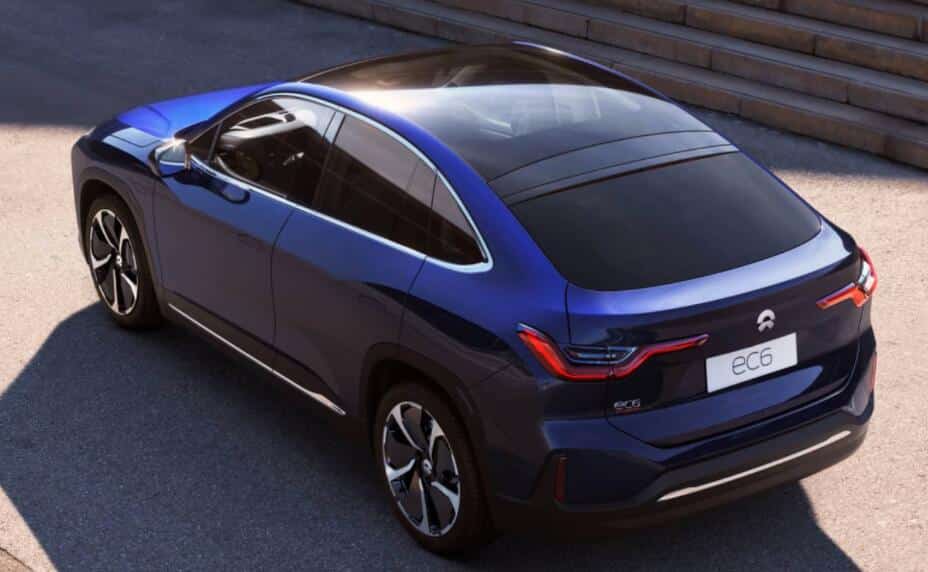
Nio shares surged 6.23 percent to $37.71 on Tuesday, giving it a market capitalization of over 50 billion, surpassing Frankfurt-listed BMW's €39.8 billion ($46.5 billion).
In early pre-market trading on Thursday, the shares went up by another 5.67 percent to just shy of $40.
Nio shares are up about 800 percent since the start of the year, but does the surge reflect its true value, or is it a departure from reality?
This year Nio had issued new shares to raise capital, resulting in 1.292 billion American Depositary Receipts (ADRs) in issue.
Its major shareholders hold 413 million shares, including 148 million held by its two founders, 150 million held by Tencent Holdings, Baillie Gifford, famous for his investment in Tesla, also holds 101 million shares, and Temasek holds 0.14 billion shares.
The surge in Nio's share price is not due to a concentration of holdings, but more likely to be related to institutional investors agreeing with the business's prospects.
Nio's Q2 results show that its electric vehicle business has officially turned a profit at the gross profit level.
Nio officially launched its EVs in 2018, an annual turnover of RMB 4.95 billion, which surged to RMB 7.82 billion last year. However, the gross loss widened from RMB 260 million to RMB 1.2 billion.
However, in the second quarter of 2020, Nio officially recorded a gross profit of RMB 310 million. The gross loss in the first quarter was RMB 170 million. In other words, the first half of the year recorded a gross profit of RMB 140 million.
Sales of EVs for the period from July to October 2020 were 17,261 units, doubling year-on-year sales. Nio sales for the period from the beginning of the year to the end of October were 31,430 units, up 111.4% y/y.
To qualify for state subsidies in 2020, new energy passenger vehicles in China must be priced at RMB 300,000 or less, but battery swap-enabled EVs are exempt. Therefore, Nio can continue to benefit from the subsidy policy.
Battery swap electric vehicles are exactly what Nio's products are all about. The founder of Nio, William Li Bin, has conducted a survey with 60,000 samples, and it turns out that the users are worried about the high cost of battery and the lack of guarantee for charging, so they do not want to buy electric cars.
Therefore, Nio is building products in the direction of supporting battery swap electric vehicles, and in August 2020, Nio will launch a battery asset company to build a switching station to implement a rental model.
Nio launched a battery leasing model to lower the price of electric cars to increase the competitiveness of sales.
Nio's three EVs are priced at RMB 468,000, RMB 358,000 and RMB 368,000 respectively. However, after deducting state subsidies and adopting the battery leasing model, the price can be reduced to RMB 380,000, RMB 273,000 and RMB 280,000 respectively.
Investors are bullish on Nio's business model, so its share price has been rising from the $13 level since its launch, and has recently risen through $35.
Of course, the disadvantage of Nio is its battery technology, as the car's range is not as good as Tesla's. So the battery swap station has become a major drawback. So it's only logical to build a battery swap station.
At the same time, Nio relies on JAC Motors for production, which seems to be different from Tesla's business model of building its own factory to produce cars and batteries.
Whether Nio can continue to create value for investors depends on the speed at which the price of gasoline cars can be brought down to the same level as that of Nio, and the future of the stock.